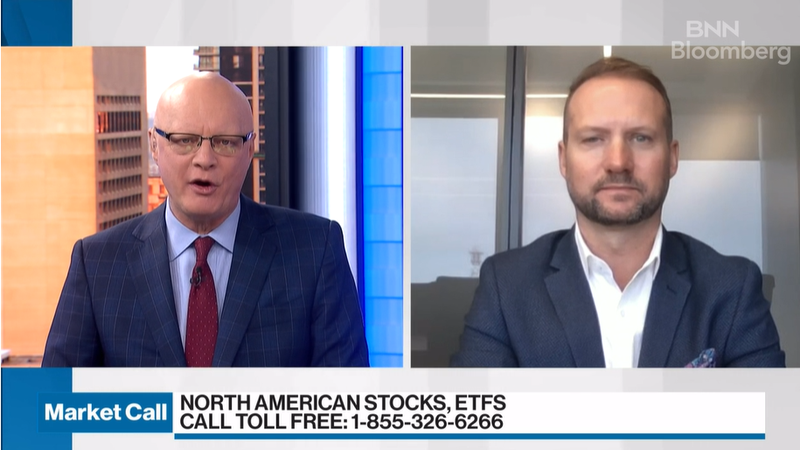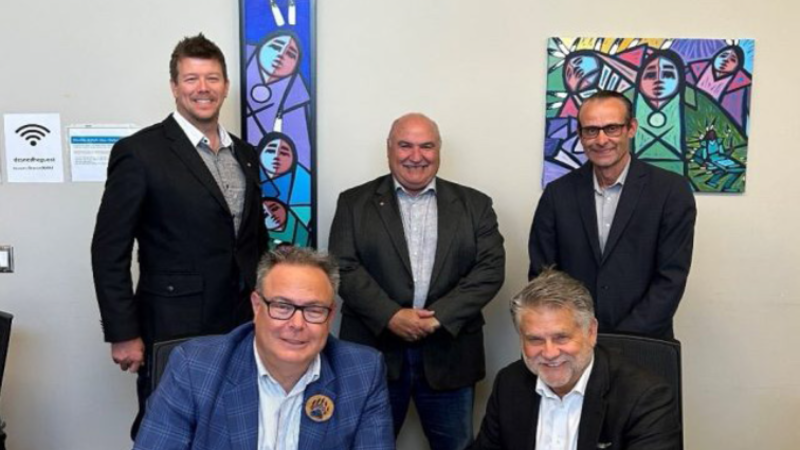Leadership Question: Vancouver Whitecaps reflect on disappointing 2016 season
VANCOUVER — The list of reasons for the Vancouver Whitecaps’ dismal showing in 2016 is a long one.
An atrocious home record, discipline, lacklustre defending and scoring woes are among the culprits, but one word kept creeping up Wednesday as players and management met the media to pick over the carcass of a lost campaign — leadership.
“It’s easy to find your leaders when things are going well. They take care of themselves,” said Whitecaps head coach Carl Robinson. “It’s hard to find them when your back’s against the wall. That’s where I find out about my players, and I found out a hell of a lot about my players this year.”
Vancouver set all kinds of franchise records in 2015, finishing second in Major League Soccer’s Western Conference with 53 points and hosting a playoff game for the first time, but when things started to spiral out of control this season, no one stepped up.


